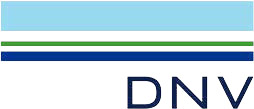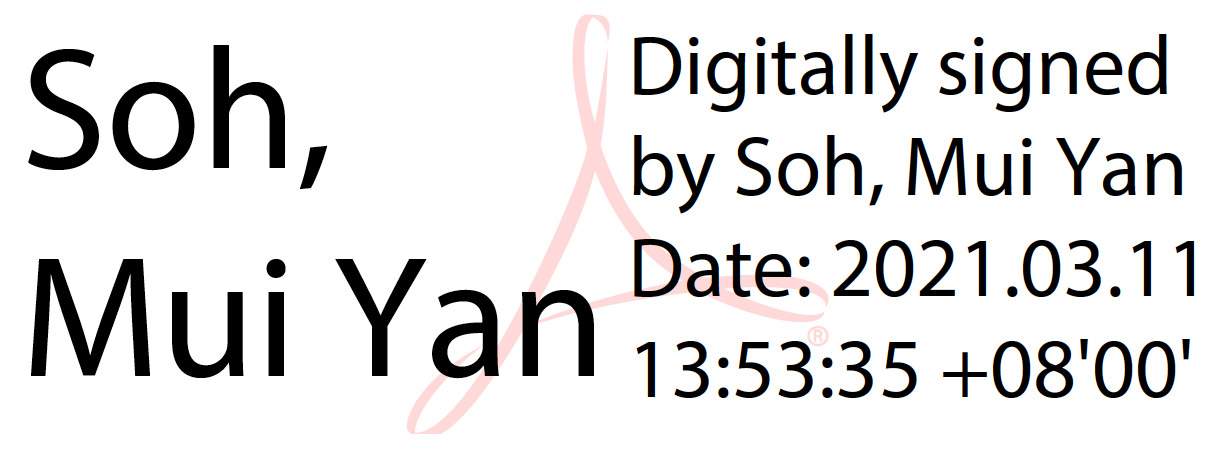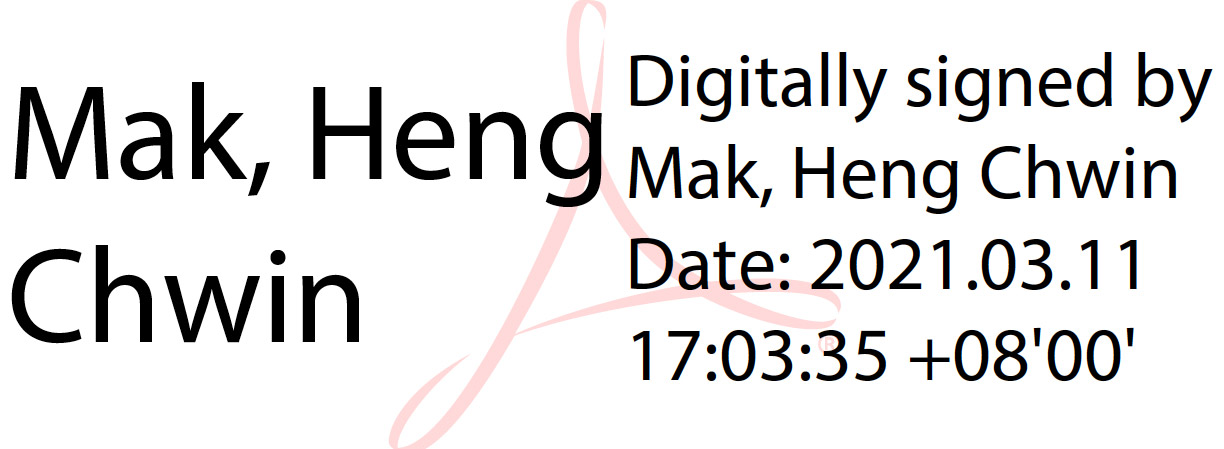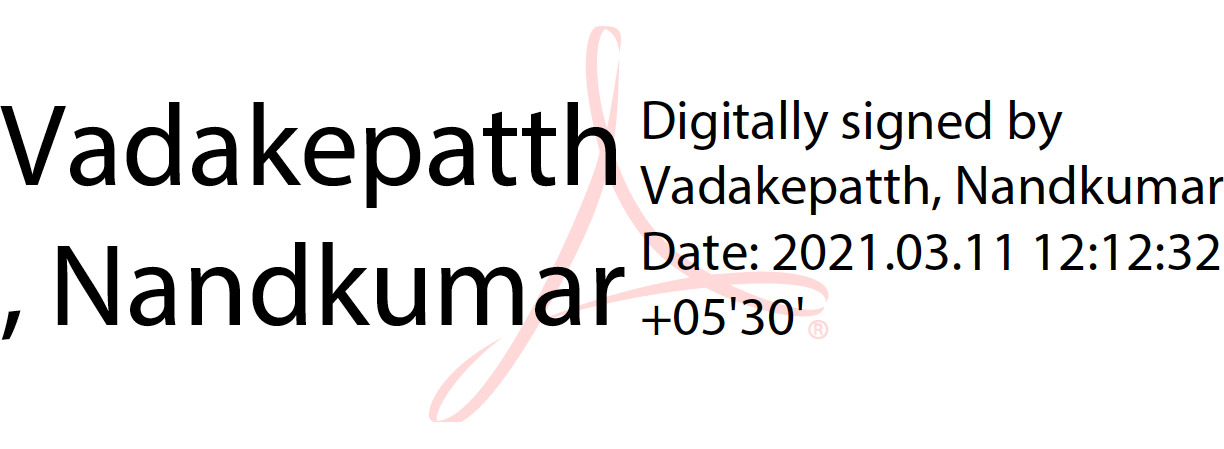Sustainability at Manila Water

INTRODUCTION
DNV GL Business Assurance Philippines Branch (“DNV”) has been commissioned by the management of Manila Water Company Inc. (“MWC”, SEC Identification Number: A199611593) to undertake an independent assurance of the sustainability/ non-financial disclosures in MWC’s 2020 Integrated Report (the “Report”) in its printed format for the year ended 31st December 2020. The intended users of this Assurance Statement are the management of the Company.
We performed this assurance engagement using DNV’s assurance methodology VeriSustainTM1, which is based on our professional experience, international assurance best practice including International Standard on Assurance Engagements (ISAE) 3000 Revised*, along with the Global Reporting Initiative’s (“GRI’s”) Principles for Defining Report Content and Report Quality and the Sustainability Accounting Standards Board’s (“SASB’s”) industry-specific Standards. The verification engagement was carried out from December 2020 to March 2021.
We understand that the reported financial data and related information are based on statutory disclosures and Audited Financial Statements#, which are subject to a separate independent statutory audit process. We did not review financial disclosures and data as they are not within the scope of our assurance engagement.
We planned and performed our work to obtain the evidence we considered necessary to provide a basis for our assurance opinion related to assurance of non-financial sustainability disclosures in this Report. We are providing a ‘limited level’ of assurance based on DNV’s VeriSustain and no external stakeholders were interviewed as part of this assurance engagement.
The engagement excludes the sustainability management, performance, and reporting practices of MWC’s suppliers, contractors, and any third-parties mentioned in the Report. The Company’s position statements, the statements for the management approach, and case studies and examples are excluded from the scope of our work.
RESPONSIBILITIES OF THE MANAGEMENT OF MWC AND OF THE ASSURANCE PROVIDER
The Board of MWC has sole responsibility for the preparation of the Report and is responsible for all information provided in the Report as well as the processes for collecting, analysing and reporting the information presented in the Report. MWC has stated that this Report has been prepared based on the Guiding Principles and Content Elements of the International Framework (the ” Framework”) and has adopted general disclosures and selected topic-specific disclosures related to identified material topics from the GRI Standards 2016, selected GRI Standards (2018 and 2020) as well as the SASB Standards 2018 (Water Utilities & Services).
DNV’s assurance engagements are based on the assumption that the data and information provided by the Company to us as part of our review have been provided in good faith, true, and free from material misstatements. Because of the selected nature (sampling) and other inherent limitation of both procedures and systems of internal control, there remains the unavoidable risk that errors or irregularities, possibly significant, may not have been detected. DNV was not involved in the preparation of any statement or datum included in the Report except for this Assurance Statement. DNV expressly disclaims any liability or co-responsibility for any decision a person or an entity may make based on this Assurance Statement.
Our verification engagement included limited level of verification of sustainability performance disclosures for the identified material topics of MWC as identified under the reporting boundary brought out in the Report in the section “Material Aspects” ie. covering entities over which Manila Water has operational control or has seconded employees in operations. Our verification applies a ±5% uncertainty threshold towards errors and omissions for the performance data brought out in the Report.
1 The VeriSustain protocol is available on dnvgl.com.
* Assurance Engagements other than Audits
or Reviews of Historical Financial Information.
# Dated 1st March 2021
BASIS OF OUR OPINION
We planned and performed our work to obtain the evidence considered necessary to provide a basis for our assurance opinion as part of the assurance engagement. We adopted a risk-based approach, i.e. we concentrated our verification efforts on the issues of high material relevance to Utilities and its key stakeholders. A multi-disciplinary team of sustainability and assurance specialists reviewed non-financial disclosures related to the Head Office at Quezon City, and selected sites of MWC (Taguig Business Area, Bulakan Water Company, Inc. and Laguna Water LTI Sewerage Treatment Plant in the Philippines, based on DNV’s sampling plan. Due to the outbreak of the COVID-19 pandemic and associated travel restrictions, we carried out remote assessments as one-to-one discussions and onsite location assessments were not feasible. We undertook the following activities:
The procedures performed in a limited assurance engagement vary in nature and timing and are shorter in extent than for a reasonable assurance engagement. Consequently, the level of assurance obtained in a limited assurance engagement is substantially lower than the assurance that would have been obtained if a reasonable assurance engagement had been performed. During the assurance process, we did not come across limitations to the scope of the agreed assurance engagement.
OPINION AND OBSERVATIONS
On the basis of the limited assurance engagement undertaken, nothing has come to our attention to suggest that MWC’s 2020 Integrated Report does not properly describe the non-financial performance of identified material topics based on the Guiding Principles and Content Elements of the International Framework (“ Framework”).
Without affecting our assurance opinion, we also provide the following observations against the principles of VeriSustain:
Stakeholder Inclusiveness
The participation of stakeholders in developing and achieving an accountable and strategic response to Sustainability.
Nothing has come to our attention to suggest that the Report does not meet the requirements related to the Principle of Stakeholder Inclusiveness.
The Report brings out the Company’s relationships with its key stakeholders who affect operations and influence performance ie. regulators, customers, employees, the finance community, suppliers and the media. The Report brings out the channels and initiatives that the Company has established to engage with identified stakeholders and MWC’s responses to these key concerns through various disclosures on strategies and value creation in the Report, and other platforms and mechanisms.
Materiality
The process of determining the issues that are most relevant to an organization and its stakeholders.
Nothing has come to our attention to suggest that the Report does not meet the requirements related to the Principle of Materiality.
The Report brings out MWC’s process for identification and prioritization of the Company’s material matters. This is based on global environmental, social and governance (ESG) standards and considers ESG issues that could result in significant impacts on communities, business partners, workforce and the environment, and the relative influence on stakeholders’ assessment and decision making, considering the requirements of the Framework’s Guiding Principles. The material matters identified were further validated through stakeholder engagements conducted remotely during the year.
Responsiveness
The extent to which an organization responds to stakeholder issues.
Nothing has come to our attention to suggest that the Report does not meet the requirements related to the Principle of Responsiveness.
Responses to identified material topics and significant issues which have arisen during the reporting period are addressed through disclosures on strategies, management approach and dedicated ‘Special Reports’. Further, the Report also brings out its non-financial performance related to its material topics through selected GRI Topic-Specific Standards and Sustainability Accounting Standards Board (SASB) disclosures. The Report considers the risks, opportunities and outcomes associated with significant stakeholders and the external environment, and brings out the implications and mitigation mechanisms deployed by the Company to maintain its ability to create value on the long term. The Report may further strengthen on this Principle in future reporting periods by bringing out the long- and medium-term targets towards value creation related to its identified material topics.
Reliability
The accuracy and comparability of information presented in the report, as well as the quality of underlying data management systems.
Nothing has come to our attention to suggest that the Report does not meet the requirements related to the Principle of Reliability.
The majority of the performance disclosures verified through offsite verification, i.e. at the Head Office and sampled sites, and through desk reviews, were found to be fairly accurate, reliable, identifiable and traceable to the source. Considering the limited sampling, we did not detect any major errors related to data collection or aggregation. We also reviewed the calculations and related assumptions used for its suitability, taking into account the principle of Reliability. Some of the data inaccuracies identified during the verification process were found to be attributable to interpretation and aggregation errors. These identified errors were communicated, and the responses and corrections made to the reported data and information were reviewed.
Completeness
How much of all the information that has been identified as material to the organization and its stakeholders is reported.
Nothing has come to our attention to suggest that the Report does not meet the requirements related to the Principle of Completeness.
The Report discloses the Company’s non-financial disclosures based on the Framework and performance during the chosen reporting period related to its material issues using appropriate GRI Topic Specific Standards and SASB disclosures, for the identified boundary of operations and covering the Company’s approaches to value creation achieved through its identified capitals, its business model, strategies and management approach disclosures and responses to key challenges faced.
Neutrality
The extent to which a report provides a balanced account of an organization’s performance, delivered in a neutral tone.
Nothing has come to our attention to suggest that the Report does not meet the requirements related to the Principle of Neutrality.
The Report presents disclosures related to the Company’s performance, challenges and concerns of stakeholders during the reporting period in a neutral, consistent and balanced manner, applying adequate consideration to not unduly influence stakeholders’ assessments made based on the reported data and information.
STATEMENT OF COMPETENCE AND INDEPENDENCE
DNV applies its own management standards and compliance policies for quality control, in accordance with ISO/ IEC 17021:2015 - Conformity Assessment Requirements for bodies providing audit and certification of management systems, and accordingly maintains a comprehensive system of quality control including documented policies and procedures regarding compliance with ethical requirements, professional standards, and applicable legal and regulatory requirements. We have complied with the DNV Code of Conduct2 during the assurance engagement and maintain independence wherever required by relevant ethical requirements.
This engagement work was carried out by an independent team of sustainability assurance professionals. DNV was not involved in the preparation of any statement or datum included in the Report except for this Assurance Statement. DNV maintains complete impartiality toward internal stakeholders interviewed during the assurance process.
DNV has provided assurance to Ayala Corporation, Ayala Land Inc., Globe Telecom, Inc, AC Energy Philippines, Inc and the Bank of Philippine Islands. In our opinion, there is no conflict of interest in the assurance engagement provided to the business units of Ayala Group. DNV did not provide any services to MWC in 2020 that could compromise the independence or impartiality of our work.
For and on behalf of DNV GL Business Assurance AS Philippines Branch

Mui Yan Soh
Lead Assessor
DNV GL Business Assurance Singapore Pte. Ltd.

Heng Chwin Mak
Regional Manager APAC IME,
DNV GL Business Assurance Singapore Pte. Ltd.

Vadakepatth Nandkumar
Assurance Reviewer
DNV – Business Assurance India Private Limited.
11th March 2021, Manila, Philippines
DNV GL Business Assurance AS Philippines Branch is part of DNV – Business Assurance, a global provider of certification, verification, assessment and training services, helping customers to build sustainable business performance. www.dnv.com
2 The DNV Code of Conduct is available from the DNV website (www.dnv.com)